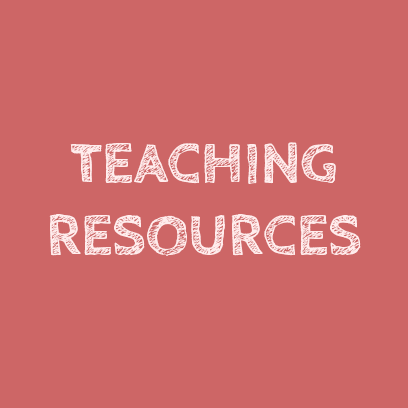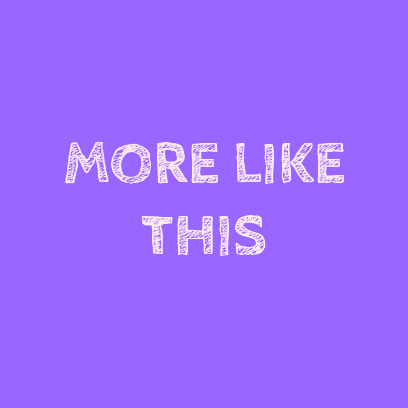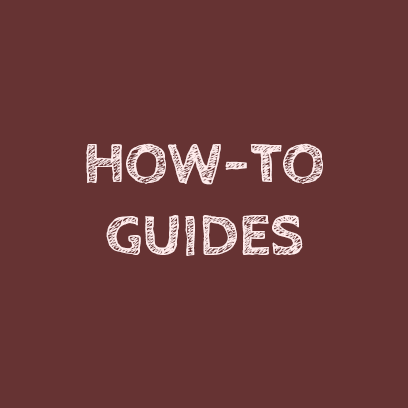Homework: a discussion
Pros and cons | Suitable for 9-13 year olds
Homework!
For generations, homework is been a touchy topic.
Children often hate it, but many schools and teachers think it is worthwhile.
What do you think?
Can you explore both sides of the argument and discuss the pros and cons of homework?
Video by Above The Noise – embedded & hosted by Youtube.
Thinking ideas
What do you think is the point of homework?
Can you think of a time when homework really helped you to achieve something?
Can you think of a time when homework made your life difficult?
How would your life change if homework was banned?
Discussion ideas
How do you think students feel about homework?
Imagine you are a teacher. What homework would you set and why? What would you hope to achieve?
Imagine you are a parent. How do you think parents feel about homework?
Is homework a long term gain for short term pain?
Writing ideas
Create an edgy and provocative title for a discursive essay or speech – for example: Why Homework Ruins Lives or Why Homework Will Make Me a CEO Before I’m 30.
List your four strongest arguments in favour of homework and your four strongest arguments against it.
Present your points in clear, logical paragraphs.
Begin with a balanced introduction and end with a conclusion that considers both sides but states your final opinion with confidence.
Teaching ideas
- Model and discuss how to create simple list plans.
- Model the structure of discursive essays.
- Run a class debate to hone the discussion points.
- Practise hot-seating the views and feelings of different homework stakeholders: students, students’ friends, parents, teachers, administrators, after-school sports/arts/social activity groups.
Resources
- This BBC Bitesize guide explores the structure and conventions of discursive writing, with videos and activities.
- This Talk for Writing resource for teachers examines how to extend discursive writing in English lessons into other curriculum areas. There’s also this useful connectives word bank which can help students to find effective ways to start paragraphs.
- Here’s a selection of sound effects of rowdy MPs debating in Britain’s parliament.
- If the debate gets too heated here’s a large gong for your classroom whiteboard.
Please note, YouTube may use cookies if you play this video. Click for more information, and here’s how to turn cookies off.
How much homework is too much?

Seeing things differently
Photo by Christian Wiediger on Unsplash
Imagine that you have been instructed to arrange every book in a library in color order, starting with black, and ending with turquoise. Have you ever been asked to complete a task that you disagreed with, or thought was wrong, or that made things worse? How did you feel? What did you do? What would you do, if you could rewind time? What would help you keep a positive mindset? How do you find out the other person’s point of view?
Try more Scribblebibble writing prompts!
Packing Tips
Step by step instructions | Suitable for 9-13 year olds. Can you create a clear, easy to follow and fool-proof set of packing instructions? Think carefully about your audience and your approach.
Secret Narratives
Narrative secrets | Suitable for 13-18 year olds. In this video there’s a secret in this song lyric’s story, but it’s cryptic and unrevealed. Can you build a story around a character’s secret? How do secrets shape characters, situations and narrative plots?





